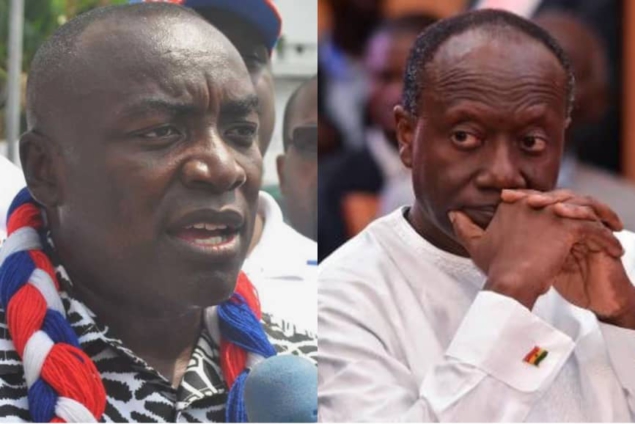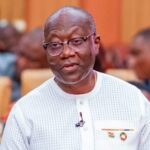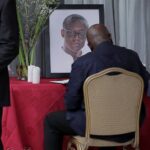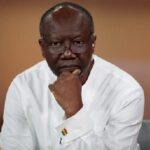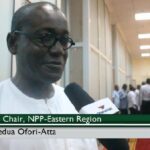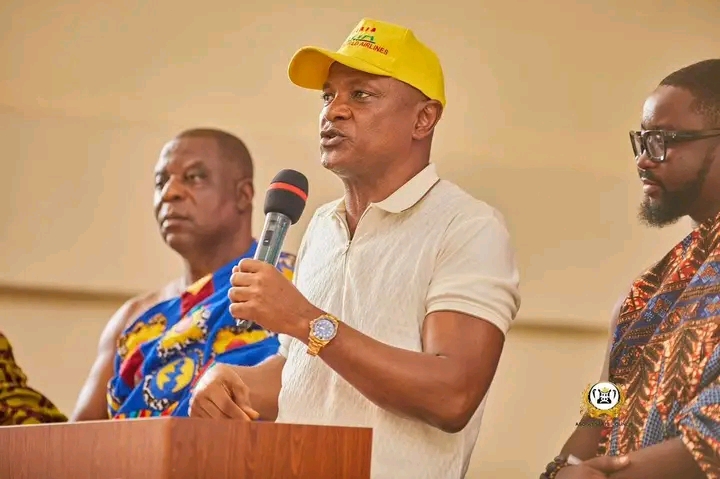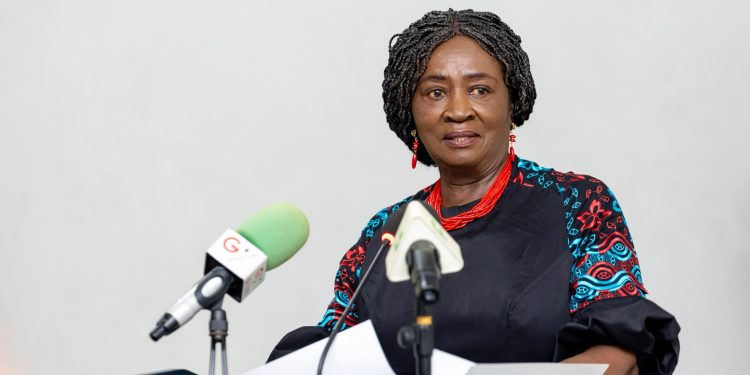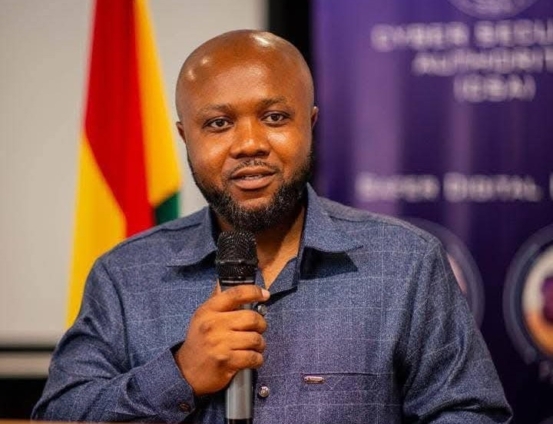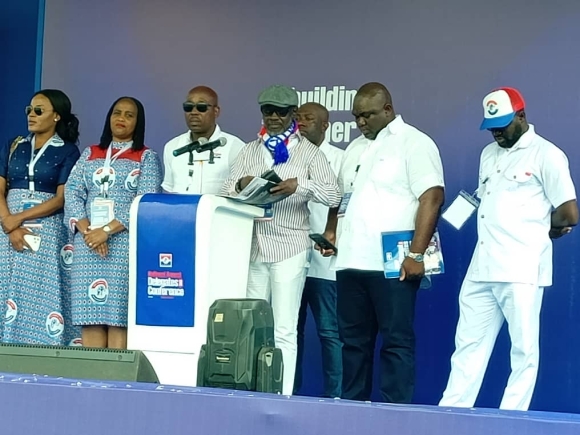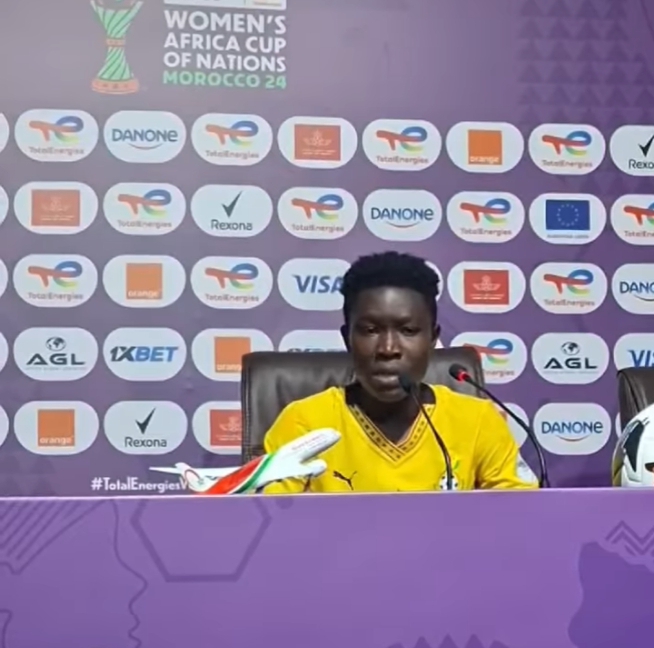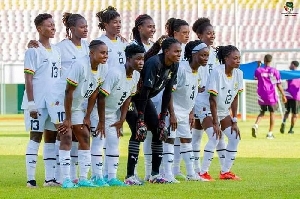Former New Patriotic Party (NPP) General Secretary, Kwabena Agyei Agyapong, has condemned the Office of the Special Prosecutor (OSP) for its approach to investigating former Finance Minister, Ken Ofori-Atta, accusing the agency of treating him like a criminal before any court verdict.
Mr Agyapong, speaking in an interview on Citi FM on Tuesday, 3rd June, described the Special Prosecutor’s handling of the case as “unlawful” and “disrespectful,” arguing that due legal processes must be observed irrespective of public sentiment or political pressures.
“The way he [Special Prosecutor] is going about it, treating him [Ofori-Atta] as if he is a common thief — there has not been proof beyond a reasonable doubt,” Mr Agyapong said.
His remarks follow the recent decision by the OSP to designate Mr Ofori-Atta as a fugitive after what it described as persistent non-cooperation from the former minister, who has been outside the country despite being under investigation for alleged corruption and abuse of office.
The OSP has stated that it has received no formal medical documentation to support Mr Ofori-Atta’s continued stay abroad, raising doubts about his willingness to submit to the legal process. However, Mr Agyapong insists that such circumstances should not warrant a public posture that undermines the presumption of innocence.
“We shouldn’t encourage such behaviour because I think it is not right. The first step is to go to the court of law and establish a prosecution if he believes what he has gathered is enough,” he stressed.
Mr Agyapong, who has long been vocal on matters of governance and democratic accountability within his party and beyond, called on civil society groups to take note of what he termed a growing pattern of prosecutorial excess. He warned that actions which publicly label individuals as guilty before judicial determination risk eroding the integrity of Ghana’s justice system.
“The role of the Special Prosecutor must remain within the limits of the law,” he added, warning against conduct that “undermines the dignity of individuals under investigation.”
The statement comes amid heightened scrutiny of the Special Prosecutor’s office, which was established to independently tackle high-level corruption without political interference. Critics of the OSP’s approach in recent high-profile cases, however, argue that the body may be drifting into the realm of public theatrics and trial by media.
The controversy surrounding Mr Ofori-Atta’s absence from Ghana has become a focal point in the national debate about accountability and fairness in legal processes. While anti-corruption advocates applaud the OSP’s firm stance on high-level investigations, others, like Mr Agyapong, are raising red flags over what they perceive as a shift toward prosecutorial aggression that may compromise due process.
The OSP has yet to respond publicly to Mr Agyapong’s comments. It remains unclear whether fresh efforts are underway to secure Mr Ofori-Atta’s cooperation or if legal action will follow to compel his return.
As political tensions rise and public attention sharpens, the unfolding case continues to test the balance between accountability and the rule of law in Ghana’s democratic framework.
